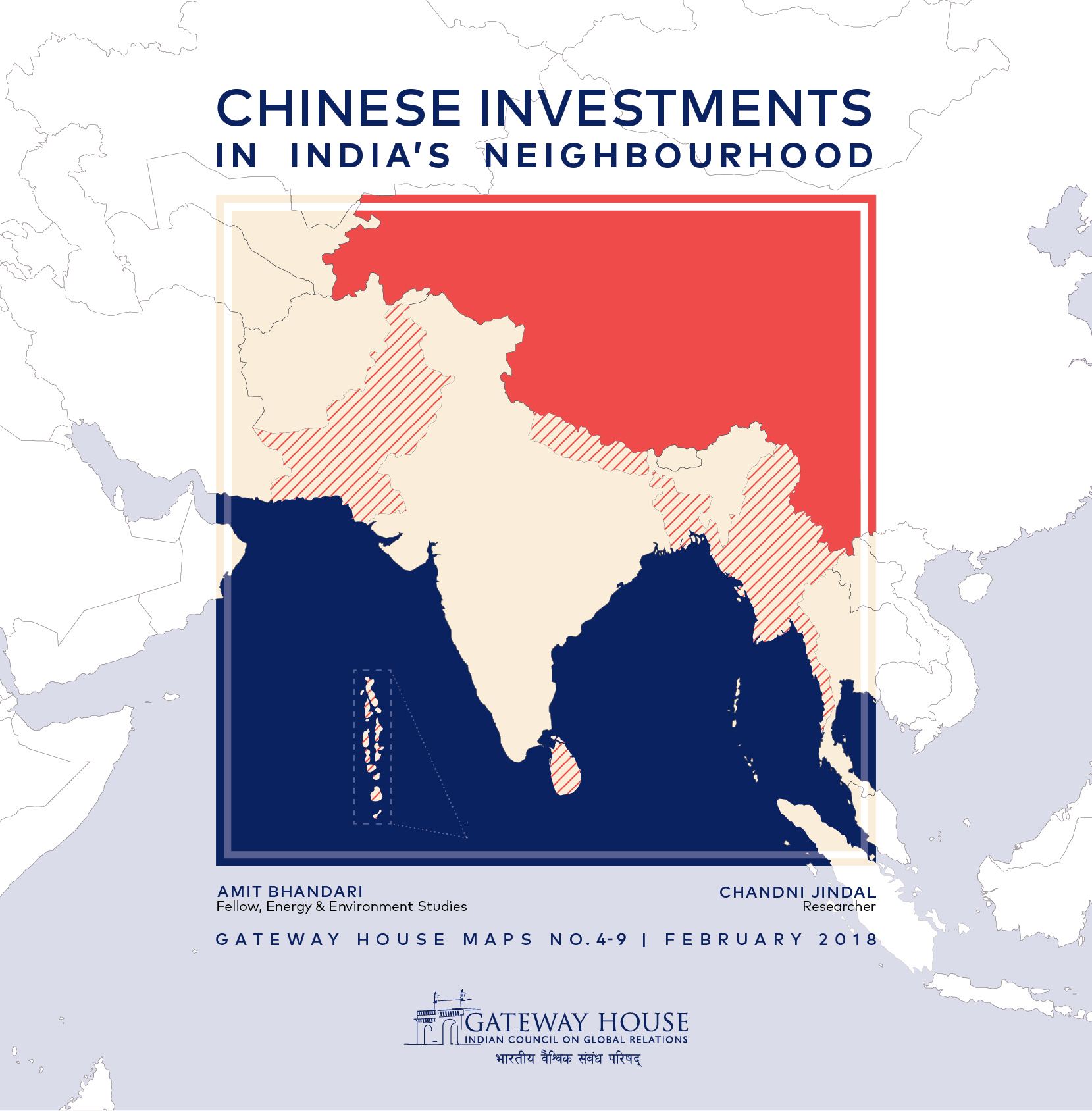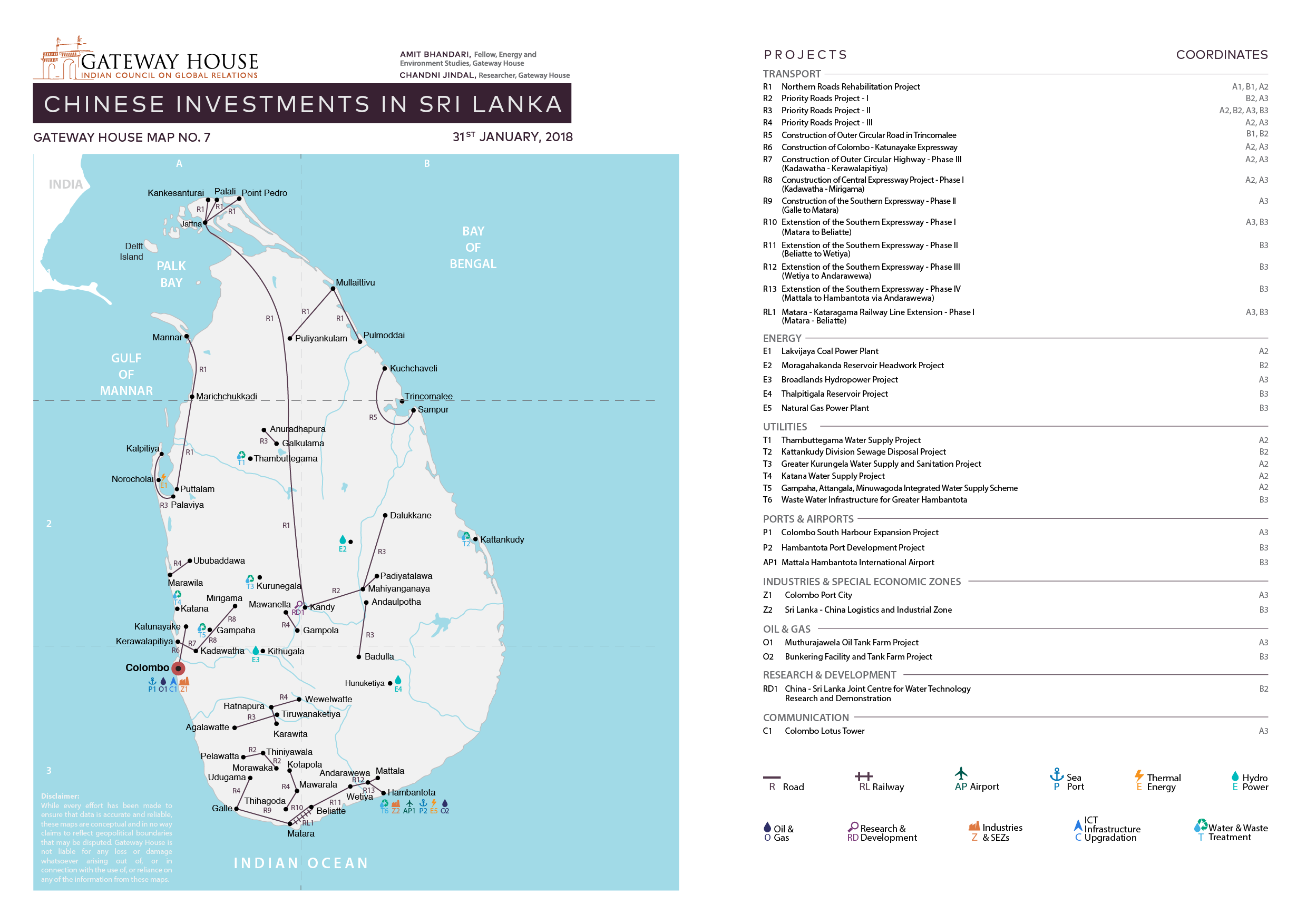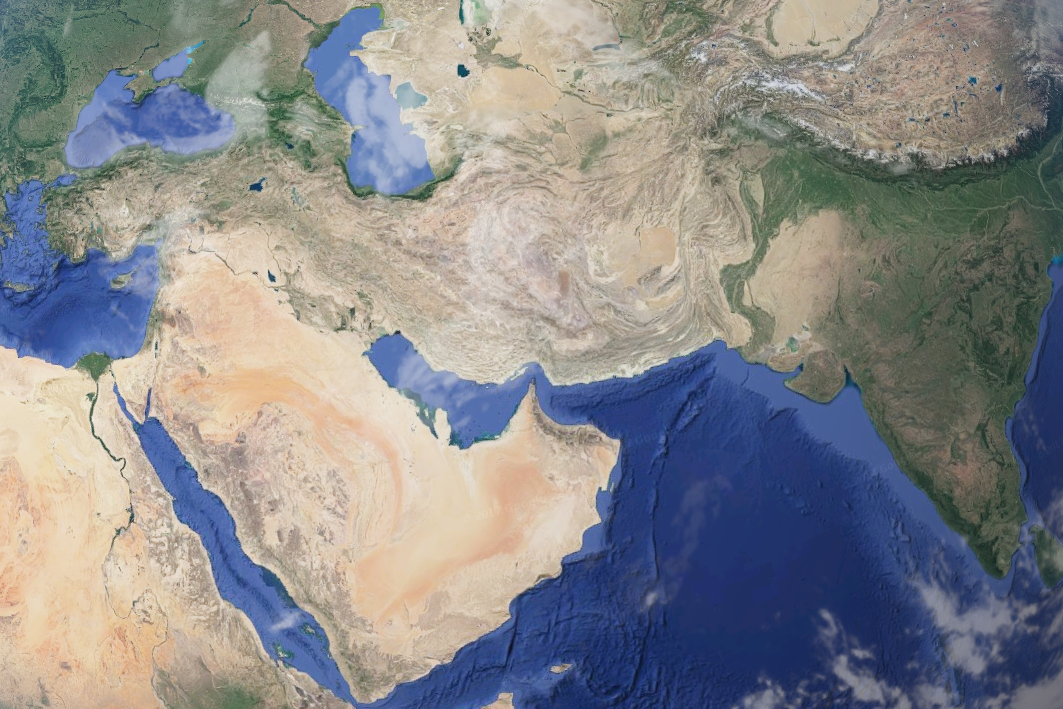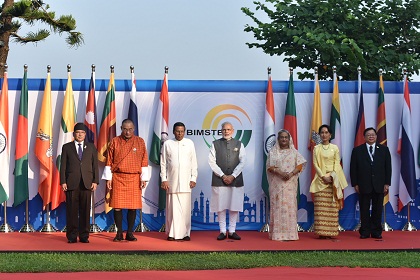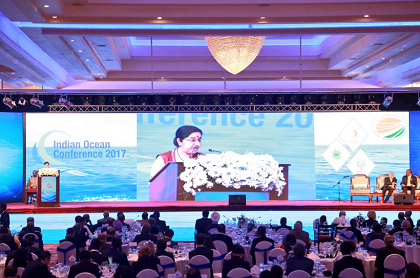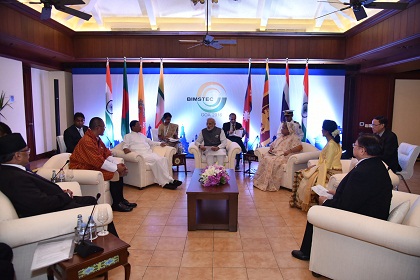China’s $1 Billion White Elephant: the Port Ships Don’t Use
"The current Sri Lankan government has said that it will not permit military use of the facility, but that could change," said Amit Bhandari, an analyst at Mumbai-based Gateway House. "Ninety-nine years is a long time after all."


